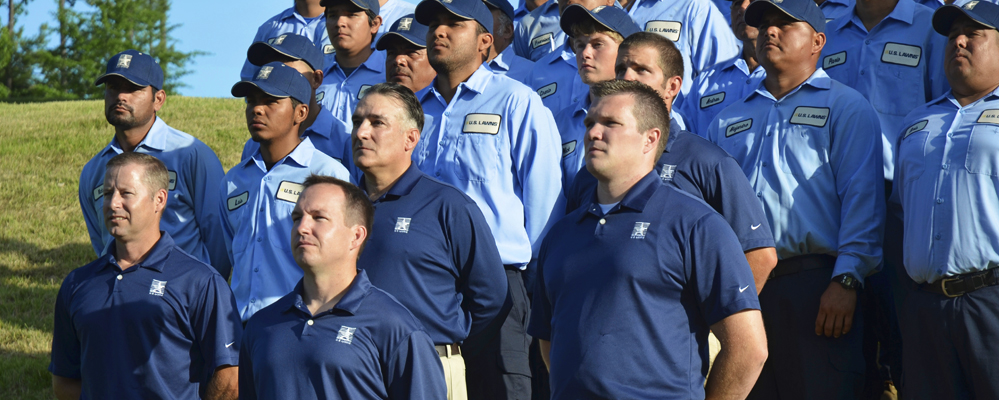You walk through a customer’s door, and it the game begins. Bidding; signing a contract; dispatching your crew; quality control; invoicing; payment; feedback. Each of those steps is a crucial strategy in the Customer Connection. We know you work hard to listen, be responsive, and perform excellent work. You’re dedicated to winning. But it’s not just you on the court.
The truth is, your success depends on your team—especially your crews and account managers. That’s why we’ve emphasized good recruiting, calling employees “the most important touch point” in your arsenal. We even introduced the TASK system to help you scout the best talent.
But hiring the best workers, or being the “best place to work,” isn’t enough. A team is only as good as its training. If Kentucky or Duke (or insert your pick to win March Madness) doesn’t condition and practice hard, they’re not going to have a winning season. Not even with a roster of All-Americans.
That’s why we’ve stepped up to help you with training, too. (After all, every head coach needs assistants.) We launched the 5-Star Training Program for Crews, and hosted instructional webinars on how to use it. We’re confident that, once you implement the program, your business will grow. Customer satisfaction will rise, which should open the door to more sales.
Here are a few more helpful hints you should know about training as you begin the program.
- Everyone learns differently. Some employees may be reluctant to use a computerized module. This doesn’t mean it’s not valuable. A lot of people need their learning reinforced by hands-on training. Consider live demos to supplement what people are reviewing online. Maybe have another employee organize this as a side project. But do require everyone to complete the online training, so you can accurately track and measure their progress.
- Get employees excited. Studies have shown that learning needs to feel like it has a payoff, or reward. Your team should understand how the training will benefit them before they even begin. “Because my boss made me” is not a compelling reason to get better at one’s job. You have to motivate them, and allow them to motivate each other. Perhaps you can let the natural leaders of the group help create a culture of inspiration and excitement, and encourage everyone else to get on board.
- It’s not a race. This program was designed specifically to let everyone work at his own pace. Those who complete their quizzes faster aren’t necessarily smarter, or better at their work. Don’t let it become a competition, or everyone’s work will get sloppy. Accuracy is just as important as speed.
- Reward success. All that excitement you’ve built at the beginning? It’ll fade away fast if people don’t see continual reinforcement for their work. Be sure to remind the team how training will lead to more jobs and better pay. In addition, you may want to provide a small reward for each employee when he finishes the training—even something as small as a certificate. Let them know they’re doing something noteworthy by improving their job skills.
Build team unity. A new program like this is the perfect opportunity for your employees to come together. Introduce this as something that will make the group stronger, and instill them with greater pride in their work. If everyone feels a communal sense of accomplishment, the individual investment will be higher. And that’s the whole objective—to strengthen skills for each player and build an unstoppable team.

